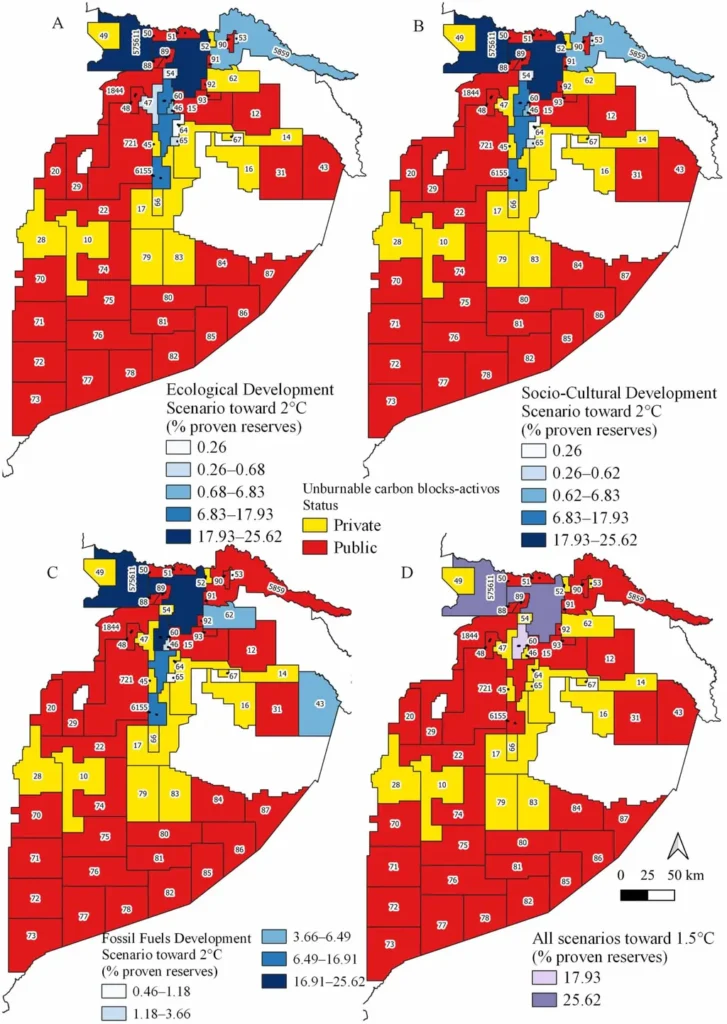In the quest for sustainable energy solutions, a groundbreaking study from Ecuador is challenging conventional wisdom and opening new avenues for the energy sector. Marcos Gutiérrez, a researcher at Tablet School-Escuela de Ciencias y Centro de Investigación Científica, has delved into the thermal efficiency of alternative fuels derived from recycled materials. His findings, published in the Innovative Research Journal, could reshape how we think about fuel efficiency and environmental sustainability.
Gutiérrez’s research focuses on the thermal efficiency, net output work, and energy availability of fuels made from recycled vegetable, animal, and synthetic-mineral substances. These alternative fuels are not only more environmentally friendly but also have the potential to replace a significant portion of fossil fuels, which currently supply over half of the world’s total energy consumption.
The study reveals that fuels derived from recycled edible sources can provide more net output work and sustain longer combustion periods. This is a game-changer for the energy sector, as it means that these alternative fuels can be just as effective, if not more so, than traditional fossil fuels. “The neat fuel from recycled edible sources provides more net output work and is able to perform longer combustions,” Gutiérrez explains. This could lead to more efficient engines and reduced fuel consumption, benefiting both the environment and the economy.
However, the advantages of recycled lubricating oil lie in its use as an additive when blended with neat diesel. This blend can achieve higher thermal efficiencies, making it a viable option for commercial use. The commercial impact of this finding is substantial. Companies could reduce their reliance on fossil fuels, lower their carbon footprint, and potentially save on fuel costs. This is not just about environmental responsibility; it’s about economic viability and long-term sustainability.
The research also highlights the importance of considering the entire engine cycle, not just the stoichiometric heat value and quantity of each fuel. This holistic approach could lead to more innovative engine designs and improved fuel efficiency across the board. “The use of alternative and ecological neat fuels or blends is conditioned by the efforts to produce them and by the resulting thermal efficiency, net output work, and remaining energetic availability,” Gutiérrez notes. This means that while the production of these alternative fuels requires effort, the benefits in terms of efficiency and sustainability make it a worthwhile investment.
The implications for the energy sector are vast. As the demand for energy continues to rise with social, industrial, and technological advancements, the need for sustainable and efficient fuel sources becomes ever more pressing. Gutiérrez’s research, published in the Innovative Research Journal, provides a roadmap for how we can achieve this. It’s a call to action for the energy sector to embrace these alternative fuels and pave the way for a more sustainable future.
The study also opens up new possibilities for research and development. Future studies could explore the optimal blends of recycled fuels and diesel, as well as the potential for other recycled materials to be used as fuel sources. The energy sector is on the cusp of a revolution, and Gutiérrez’s research is a significant step forward. It’s a testament to the power of innovation and the potential for sustainable solutions to drive progress. As we look to the future, it’s clear that the energy sector will need to adapt and evolve. Gutiérrez’s research provides a compelling vision of what that future could look like.

